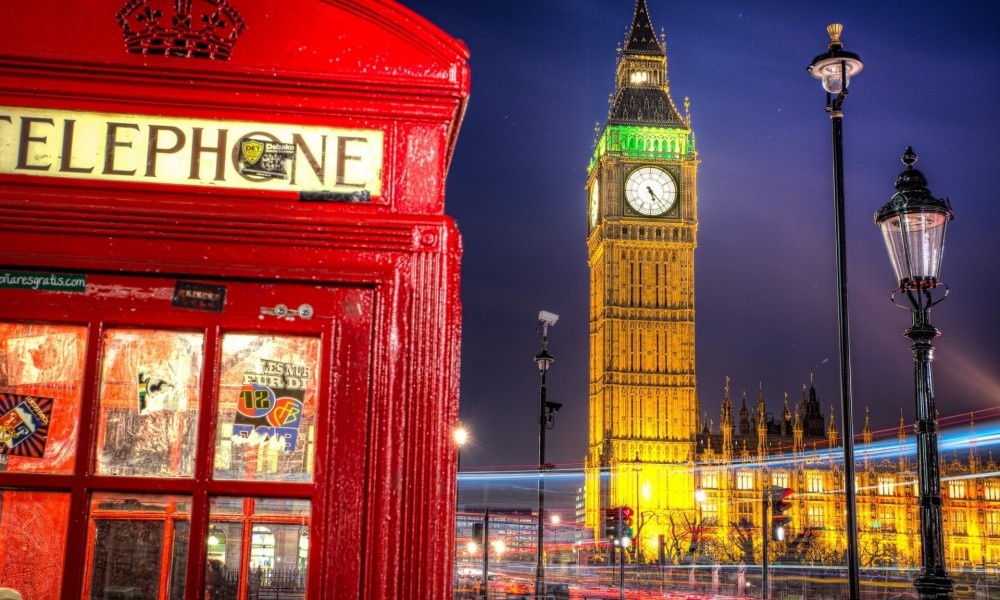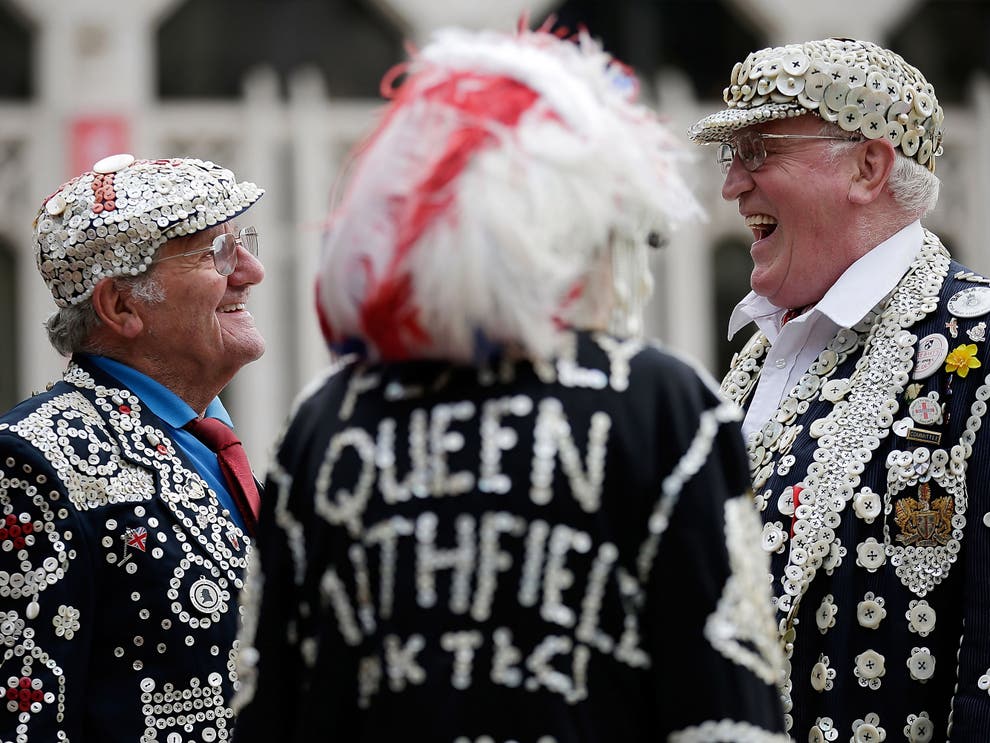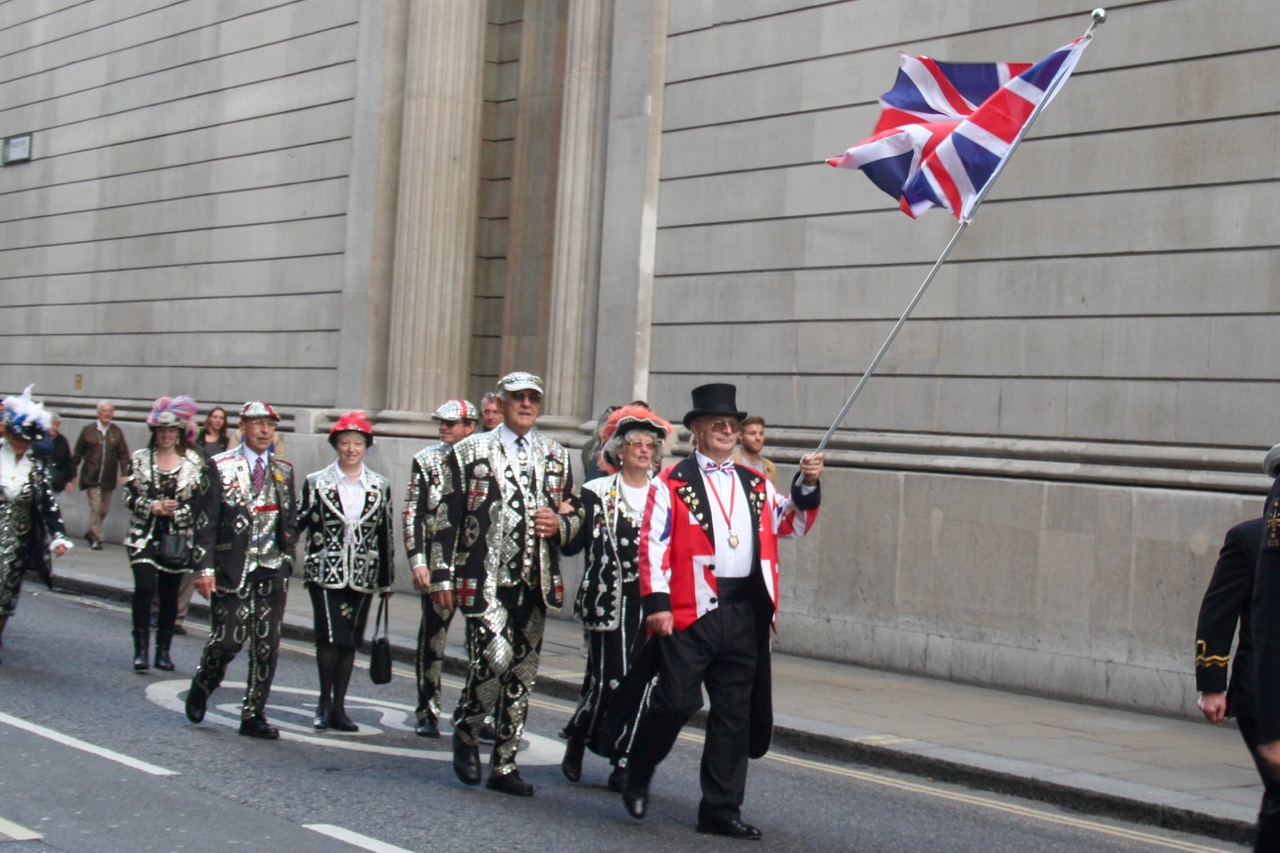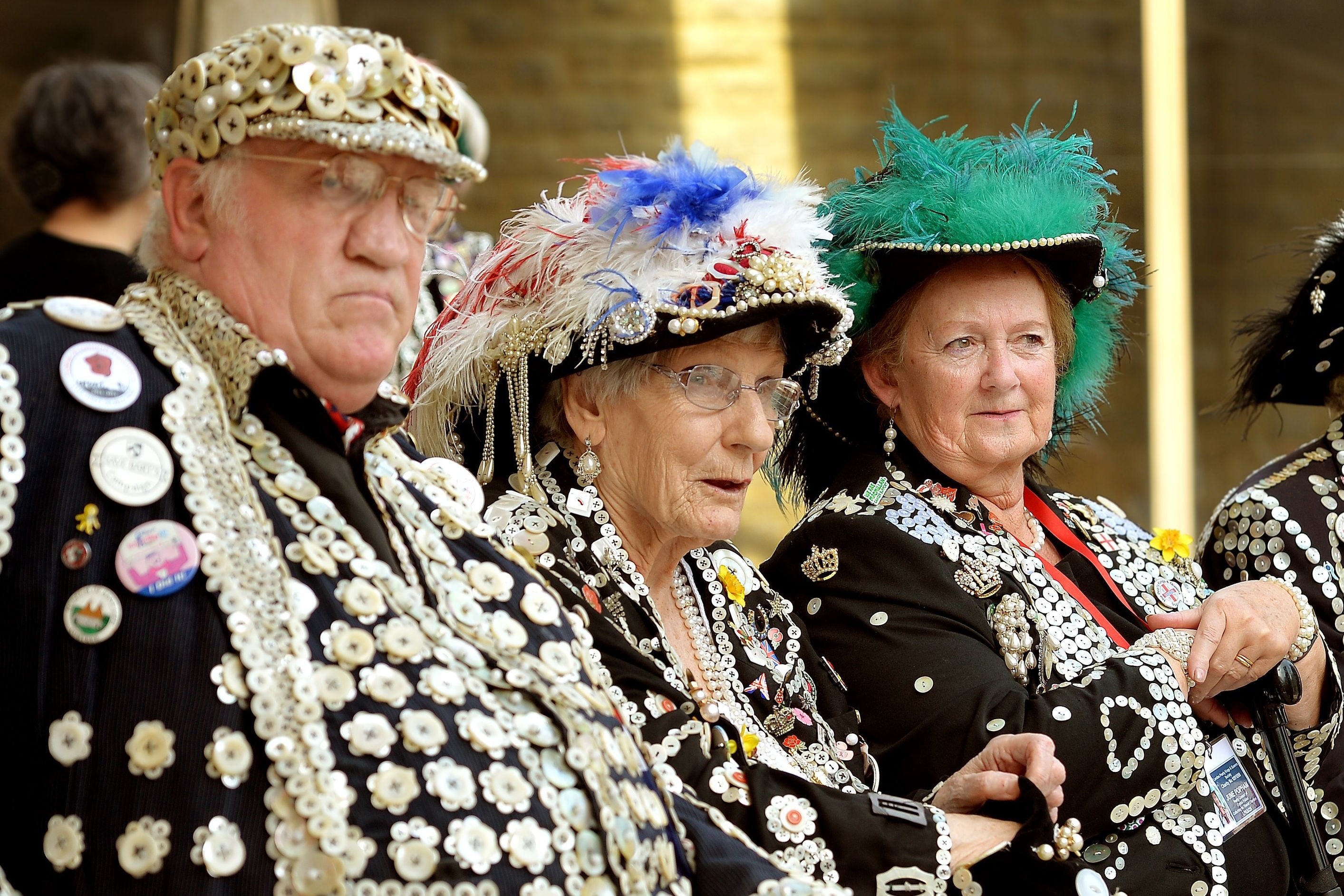Cockney: derisive British dialect

Roguish language
British dialect cockney appeared in the slums of London when inhabitants of gang environment got aware of the fact that it was the time to invent a secret language. Having learnt several dozens of phrases able to puzzle even the most watchful policeman, thieves successfully organized negotiations with each other using this slang, mangling words and swallowing sounds. They came up with the idea to rhyme a phrase consisting of two words with the concept implied. This is how they invented a habit to say ‘Adam and Eve’ instead of ‘believe’, call umbrella as ‘Auntie Ella’ and compare spoon with ‘Man on the Moon’.
According to another version, the dialect cockney was endenizened by people who had been born not far away from the church Saint Mary-le-Bow. This church is situated in one of the cheapest parts of London called East End. The sound of its bells is heard at the distance of up to five miles and, as the legend claims, it was a privilege to speak cockney accepted only to those who heard how church bells were ringing. Perhaps, this association is connected with the fact that ordinary people considered noise of the bell as something mystical. For example, as one of the fairy-tales stated, the character of British sagas Dick Whittington from Gloucetershire scrolling along the church heard a sound that compiled into the sond: ‘Come back, Whittington, three-times lord-major of London!’ Needless to say, after a while the prophecy came true. Indeed, beautiful legends about the origination of cockney could be easily explained from the logical point of view. As it is known from the history, in XVII century London became a shelter of people coming from the whole country. These citizens had their own traditions not acquiring money or prospective. That is why they settled down in cheap city districts and thought how to make money. Of course, not all of them chose fraud and theft as the only way of earning money; on the opposite, the majority of such people tend to go into trade. Photo independent.co.uk
Photo independent.co.uk
Cockney: social stereotypes
Time passed when traders took convenient phrases in usage not wishing to let the customers know what they told about. In such a way, a social stereotype appeared which claimed that only smart alecs speak cockney, particularly, those who did for a living with the labor however, did not shy away from naïve simpletons. This ‘kings of markers’ had acquired the sense of humor that was understood only in their environment. It was believed that their main activity in the idle time was consumption of mashed potatoes, fish and pies.
Photo calendarcustoms.com
London elite considered cockney as rogues who hardly lived a hand-to-mouth existence and looked at them with disgust. Verily word cockney meant ‘cockish egg’, and if initially the high and mighties called like that those whom they regarded as weaker, in two centuries anyone who was interested in only life of capital was considered as cockney. Meanwhile, the reproachful utterance ‘our London cockney’ became similar to the opinion expressed about the person as ‘mammy boy’. In addition to that, the dialect cockney stayed opposite to polite English language what indicated that cockney experienced a blanket contempt from the side of society.
Read also: History of the street: Piccadilly
Pearl Kings and Queens
However, in a social layer of cockney there was the so-called aristocracy, in particular, Pearl Kings and Queens. They walk along the streets of London even now resembling disguised performers in the clothes sewed with pearl buttons. This tradition was compiled in XIX century where a boy Henry Croft having left without parents went to work as the sweeper and, thus, met traders from trolleys who solved their own problems by joining forces. If they had to solve financial issues they chose a ‘king’ who walked down the streets asking pedestrians to give him money. Thirteen-year-old Henry came up with better idea. He had been spending several nights sewing down snazzy buttons to the cobbled suit and in such a way came to fairs where, certainly, he attracted a lot of attention. He directed the expenses collected to the funds of the poor, blind, deaf, and dumb. Soon, his propitious deeds got the first followers who called themselves as Pearl Kings. For instance, the first community attracting human attention with the help of flowery clothes appeared in Northern London in 1911, and this tradition of cockney happened to be extremely enduring. Up to now at the end of September in London, not far away from the church Saint Mary-le-Bow having served as the first shelter for cockney there is a demonstration of Pearl Kings and Queens.
Photo itv.com
Until such time as this dialect became favorite language of the youth and linguists adapted it for the requirements of everyday life, majority of British people perceived the cockney like the language of Martians. Coming to the district where most people spoke cockney, the citizen of London felt himself confused because understood nothing. That is why scientists started publishing dictionaries, recording TV-programs and simply regarding that derisive elements of cockney penetrated into conservative English.
Cover photo pinterest.com





















